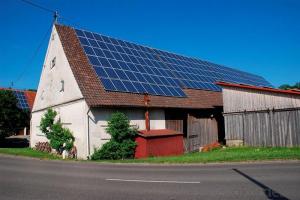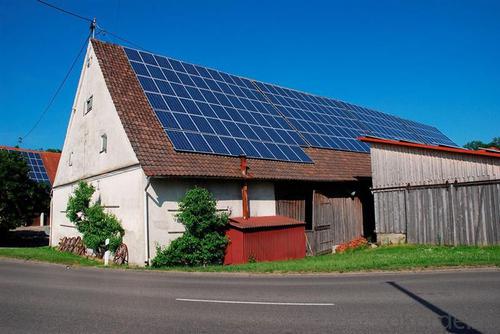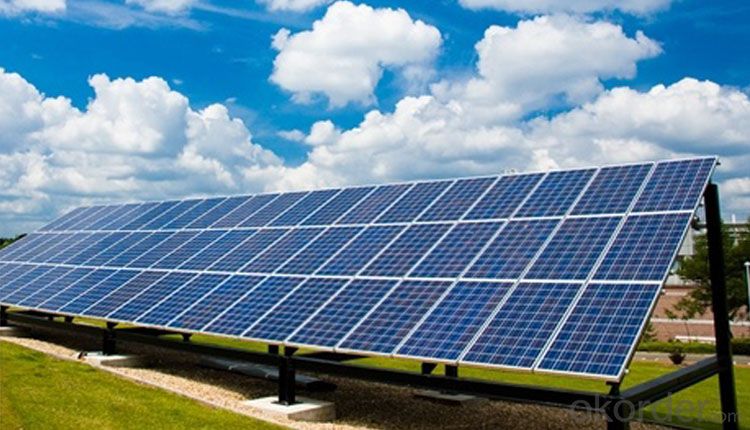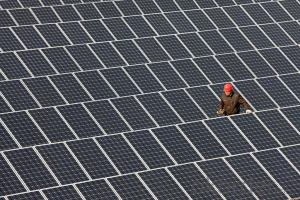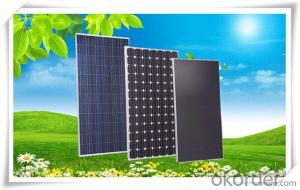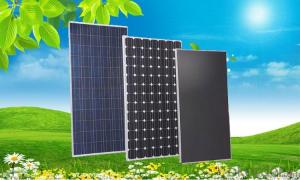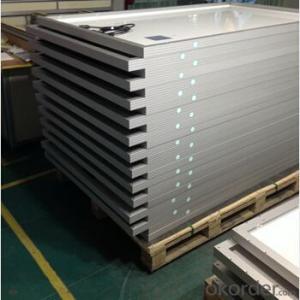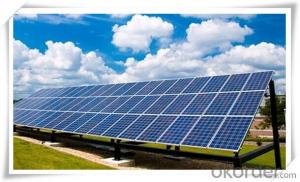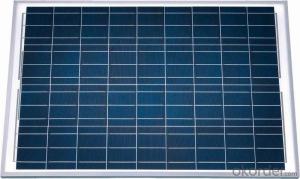CE and TUV Approved High Efficiency 260W Mono Solar Panels San Diego
- Loading Port:
- Shanghai
- Payment Terms:
- TT OR LC
- Min Order Qty:
- 10000 watt
- Supply Capability:
- 20000000 watt/month
OKorder Service Pledge
OKorder Financial Service
You Might Also Like
Specification
Product Description:
1.Structure of Polycrystalline Silicon Solar Panel
I. High efficiency crystalline silicon solar cell. Even if under the weak light, the solar module can produce maximum power output.
II. Tempered glass (toughened glass): Anti-reflecting coating and high transmission rate glass increase the power output and mechanical strength of solar module.
III. EVA and TPT: Using high quality EVA and TPT to prevent destroying and water.
IV. AI frame: Without screw, rner connection. 6 holes on the frame can be installed easily.
V. Junction box: Multi function junction box with water proof.
VI. Long lifetime: ≥25 years; Less power decrease.
VII. Good performance of preventing from atrocious weather such as wind and hails.
VIII. Resisting moisture and etching effectively, not effected by geology.
IX. The certificate issued by international authority: UL, TUV, IEC, CE.
2.Characteristics
1)Manufactured according to international quality and Environment Management
System (ISO9001, ISO14001)
2)High efficiency crystalline silicon solar cells
3)High transmission Iow iron tempered glass, strong mechanical resistance
4)Anti-ageing EVA and excellent anti-climate back sheet
5)Anodized aluminum frame improves load resistance capabilities for heavy wind loads.
6)Standard waterproof junction box
7)High endurance to different weather
8)Good and friendly package with less transportation and storage space.
3.Warranty
1)10 years limited manufacturing warranty
2)10 years for 90% of warranted minimum power
3)25 years for 80% of warranted minimum power
4.The Pictures of Solar Panels
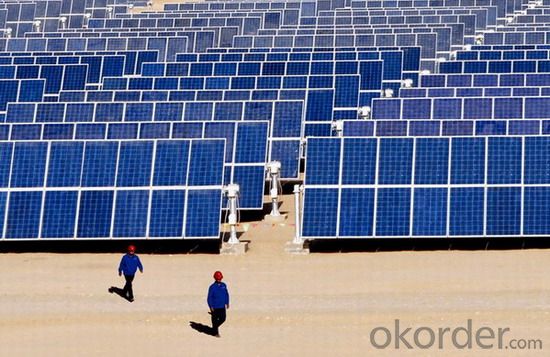
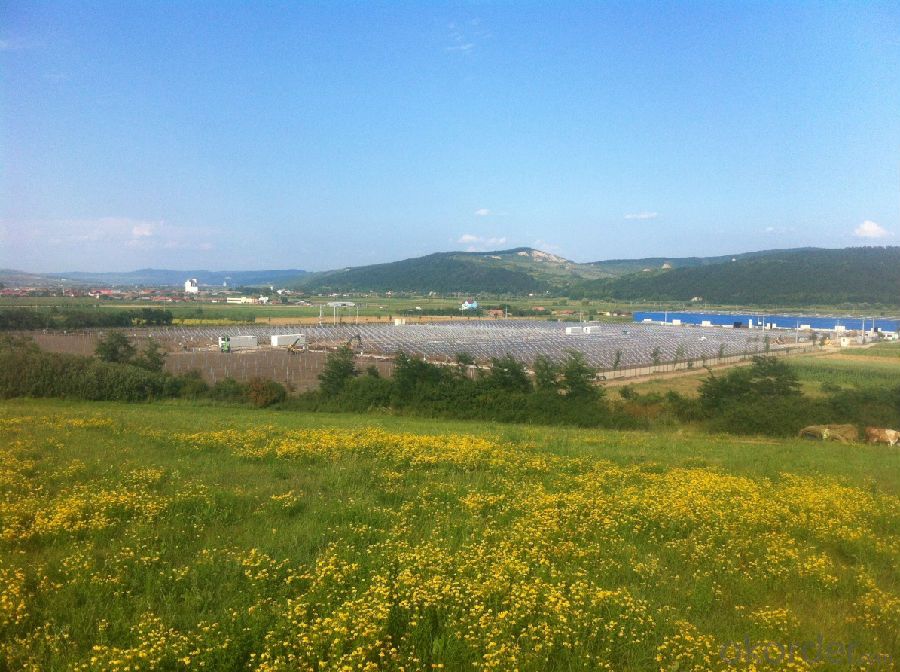
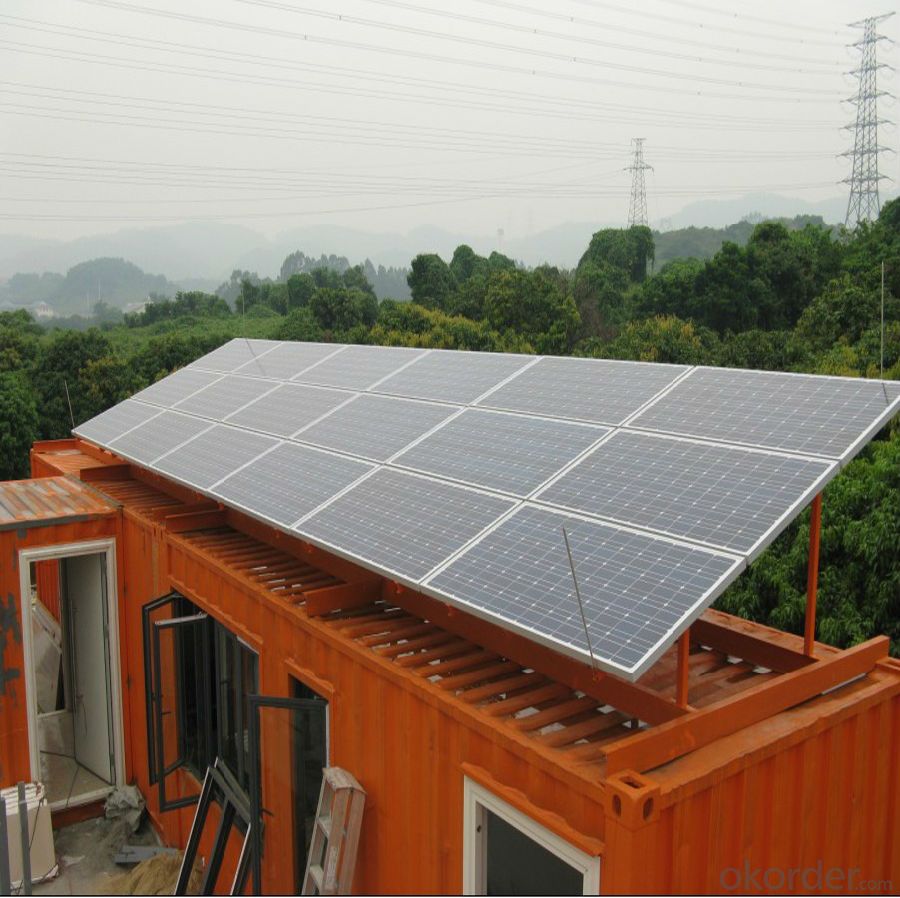
5. Production Flow
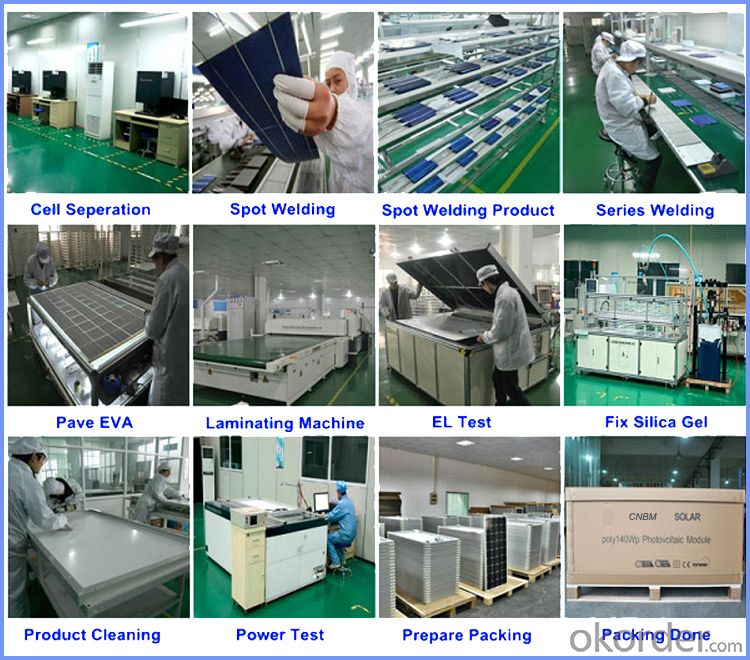
6. Packing Details
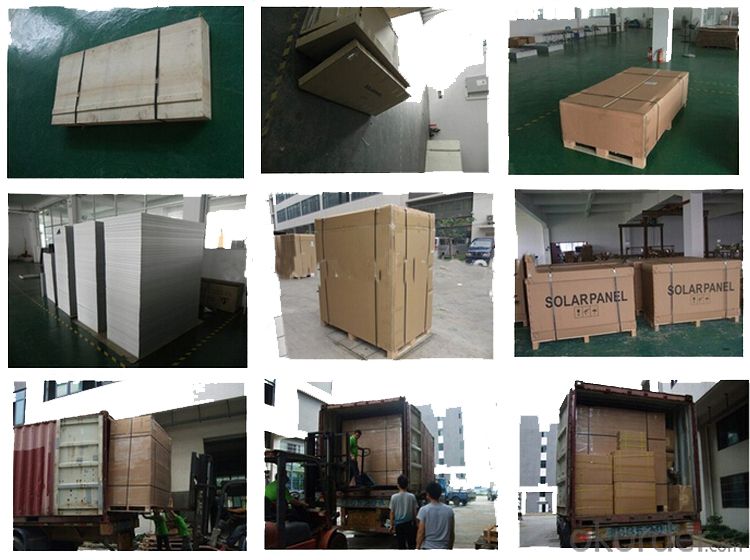
7. Use For
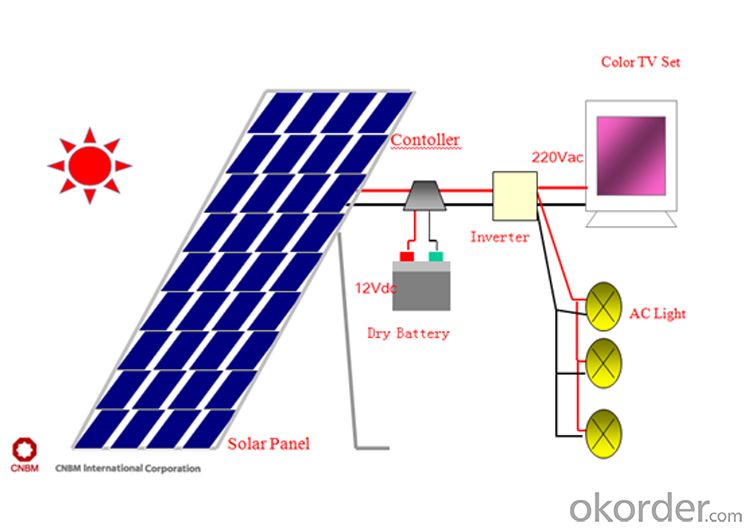
- Q: I am looking for an average sized solar panel (Just Panel), not 2 big n not 2 small. Any idea where i can find in abudhabigt;??
- I know where in Dubai , just go to Naif road where they sell the satellite equipment , there are a couple of shops that sell all kind of solar panels and dish equipment stuff. Sorry can't remember the name, But it is right in front of the paid parking lot (the private not public one).
- Q: Please, I want a good definition. :DD
- Solar panel is a battery of solar cells. Solar cell is a device which uses the sun's rays to produce electricity by the photovoltaic effect. The photovoltaic effect involves the creation of a voltage (or a corresponding electric current) in a material upon exposure to electromagnetic radiation. It utilizes the generation of a voltage when radiant energy falls on the boundary between dissimilar substances (as two different semiconductors).
- Q: I want to install a solar panel system and our power grid can't work in reverse(so it get its electricity from us). My question is how do you prevent electricity from our panel to go to the grid without disconnecting the grid? How can we also use the grid and the panel at the same time when the panel are not creating enough power?PS dont say ask an electrician
- If you are grid-tied, then a standard solar electric system will always feed back into the grid if you are not utilizing more power in your home than is being generated by the solar panels and inverter system. It is possible that a grid isolation device designed to prevent direct back feeding is available, but haven't heard of one in common use. New laws in most areas of the US are now mandating that utilities allow grid-tied alternative energy systems. Double-check you local laws. Sometimes you can't take the utilities word for truth--most will automatically say 'no' and will only relent when you show up with the law in hand. Unfortunately, some utilities have figured out another way to shut down alternative energy pioneers--they demand multimillion dollar insurance policies covering damage that their equipment could sustain from your little PV system. Technically, they are still in compliance with the law, they just make it impossible for a homeowner to meet their requirements. If you are getting the runaround, go to your state representative for help. It's amazing how contrite those utility people can be when a state senator (or even US Senator) has just sent a letter asking them why they are stonewalling a law-abiding and well-meaning citizen. Good luck, and don't give up!
- Q: If a solar panel is a .5kW system, what length of time is it putting out that much power? Every hour?
- Solar panels are rated under standard test conditions (STC), a certain amount of light at a certain distance, at a certain temperature, etc. A kW, or kilo watt, is 000 watts. So for the amount of time that the sun meets those conditions, the rate of output is 500 watts. An average location has an average of 5 sun hours a day, the total time that you produce the rated output. Watts is a rate, like miles per hour (mph), how fast it is going. Watt hours, or kilo watt hours (kwh) is a quantity, like miles. So if you drive 50 mph for 5 hours, you went 250 miles (50 mph x 5 hours). If you produce .5kw for 5 hours, you have the potential to produce 7.5kwh a day. Multiply that by 30 days in a month, you get 225kwh a month. In reality you will lose about 30% of the rated power from less than ideal weather, system losses, etc., so it's more like 50kwh a month. You can look at your electric bill to see how many kwh you use a month, maybe around 000kwh, and see what percentage of your usage a system like that can power.
- Q: Can solar panels be installed in areas with high levels of air pollution?
- Yes, solar panels can be installed in areas with high levels of air pollution. Although air pollution may slightly reduce the efficiency of solar panels, they can still generate electricity even in polluted environments. Regular maintenance and cleaning of the panels can help mitigate the impact of air pollution on their performance. Additionally, using advanced technologies and materials in the design of solar panels can also enhance their resilience to air pollution.
- Q: how to make a solar panel without buying any kit?Any things at home that can be used for solar panels(what are they?)procedures how to make a solar panel
- Homemade okorder /
- Q: Can solar panels be installed on a shopping mall or retail complex?
- Yes, solar panels can be installed on a shopping mall or retail complex. Many commercial buildings, including shopping malls and retail complexes, have begun to incorporate solar panel installations as a way to reduce energy costs, promote sustainability, and demonstrate environmental leadership. The large rooftop spaces available on these buildings make them ideal candidates for solar panel installations, which can generate clean and renewable energy to power the complex. Additionally, solar panels can also be integrated into parking structures or canopies to further augment the energy production potential of the shopping mall or retail complex.
- Q: Can solar panels be installed on any type of roof?
- Solar panels can be installed on almost any type of roof, including asphalt shingle, metal, tile, and flat roofs. However, the feasibility and ease of installation may vary depending on the roof's condition, angle, and orientation towards the sun.
- Q: where can i get some solar panels for a camper trailer
- There are many suppliers for solar panels. Try camping shops, BQ or other leisure shops. Alternatively try one of the companies listed here:
- Q: Dose a solar panel need the entire range or spectrum of sunlight to produce power?
- It's a huge field of study, very important to solar cell development. People are trying to optimize spectral response for sunlight, even for sunlight in specific places. Google solar cell spectral response for many many websites. Most of them are specific to one experiment.
Send your message to us
CE and TUV Approved High Efficiency 260W Mono Solar Panels San Diego
- Loading Port:
- Shanghai
- Payment Terms:
- TT OR LC
- Min Order Qty:
- 10000 watt
- Supply Capability:
- 20000000 watt/month
OKorder Service Pledge
OKorder Financial Service
Similar products
Hot products
Hot Searches
